High Bail Amounts
Sometimes, a client’s bail amount is very high and neither the defendant or the family is able to pay the bail bond fee or provide adequate collateral. Generally, we're talking big dollars: $200,000 or a million dollar bail.
If this is the case, the only way a defendant can make bail is by asking for the bail to be reduced. Keep in mind, a bail reduction hearing takes time. An attorney needs to get the case in front of a judge and that's not a quick-fix
A bail bondsman can aid this process by providing a beneficial testimony at the defendant’s bail reduction hearing.
How Judges Determine Bail
Although states vary in this process, in most cases, when setting bail a judge must take into consideration the risk of fleeing, and the public’s safety if the defendant is released. The judge will set the bail amount according to his or her take on the defendant’s situation and their likeliness to show up to future court dates.
Under the 8th Amendment of the United States Constitution however, it prohibits “excessive bail.”
Bail Hearings
Once a hearing has been set to consider bail reduction, you want to have a bondsman approve your lowered amount for bond. Beforehand, gather relative documents like pay stubs, deeds, and mortgages. Both the bondsman and the courts will want to see all income and expenses for all parties.
It's best to meet with the bondsman, the defendant as well as the defendant’s lawyer to have all the necessary information.
Furthermore, your bondsman should be prepared testimony with the following issues:
1. The agency's bail bond experience. If the bail company is experienced and professional, the judge is more likely to take the bondsman's opinion into consideration.
2. Fugitive recovery recovery experience. Te judge needs to feel that the bondsman can adequately at find a defendant if they were to flee.
3. Include the information about those taking responsibility for the defendant (the "indemnitors". The court should be made aware of each individual's place of employment, stability, and their reputation within the community. This will help the judge determine the defendant’s flee risk.
4. Another factor in determining the defendants flight risk is the bondsman's opinion of the defendant. Again, an expert bail bondsman will have the experience determine the defendant's risk better than the judge will. Information to include would be job, family links and criminal history.
5. Include the assets of the indemnitors. If the judge can see that the contract signers have $60,000 in equity of their home and the bond is $60,000, this would mean they could lose everything. Explaining to the judge that this is a high risk for them will help to lower the current bond. The indeminitor has a strong reason to get that defendant to court.
6. Make a check-in schedule for the defendant. A judge will be confident in lowering the bond, if the bail bondsman can supply a check-in schedule and system for the defendant to follow.
7. Make sure the bondsman is willing to write the bond for the specific amount, with the insurance company’s approval.
Having a bail bondsman testify will help you to secure a bond that is more favorable. It's not only superior client service, but the outcome of the bail hearing may depend on it.

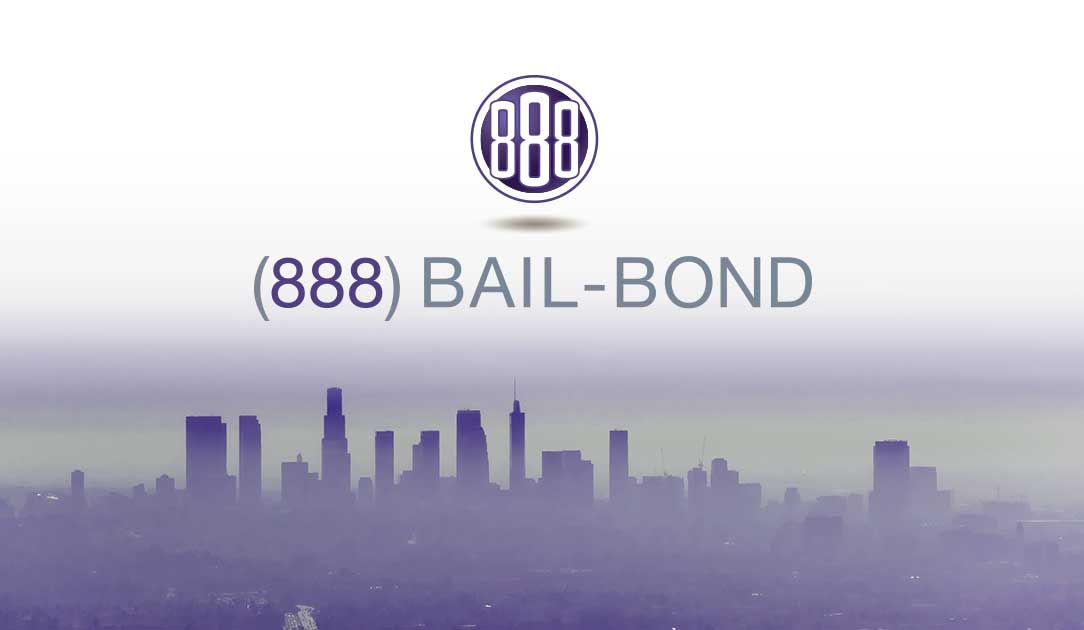
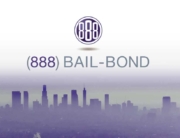
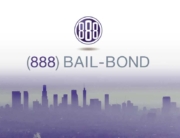
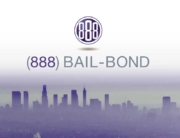

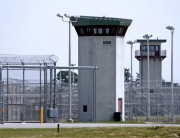
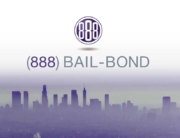
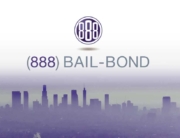
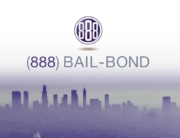
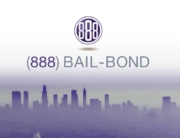
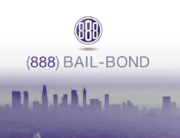




Follow Us
Facebook
Twitter
Google +1
LinkedIn
Youtube